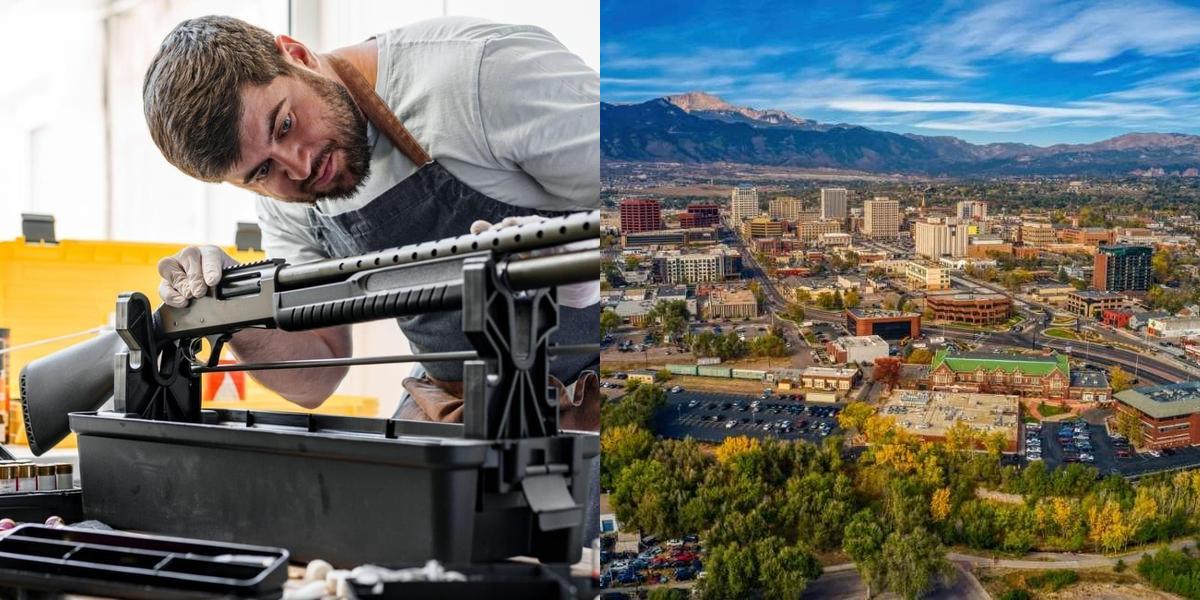How to Become a Gunsmith in Colorado

Gunsmiths in Colorado earn between $50,000 and $55,000 per year. You can start your career with 9–24 months of hands-on training, plus the right licenses.
Career Paths and Opportunities After Becoming a Gunsmith
Gunsmithing in Colorado can open doors to a variety of careers:
- Custom builder or restorer for individual clients or collectors
- Repair technician at a gun shop or shooting range
- Quality control specialist for a firearms manufacturer
- Vocational instructor at a trade school
- Armorer for law enforcement or government agencies
Attention to detail and a commitment to safety are essential—especially with Colorado’s active outdoor and sporting community.
Frequently Asked Questions
Do I need a college degree to be a gunsmith?
No. A certificate or associate degree from a gunsmithing program is enough for most jobs.
What’s the difference between a gunsmith and an armorer?
Gunsmiths focus on custom work and repairs; armorers mainly maintain and issue firearms for law enforcement or military.
How much does training cost?
Most programs range from $5,000–$15,000. Industry certifications may be extra.
Do I need a Colorado State Firearms Dealer Permit?
Yes, if you plan to sell or transfer firearms in Colorado after July 1, 2025. The permit costs $400 and lasts three years.
What’s the average salary for Colorado gunsmiths?
Most earn between $50,000 and $55,000 a year.
Final Thoughts
If you have a passion for firearms and enjoy hands-on, technical work, gunsmithing is a practical and respected career in Colorado. With the right training and required licenses, you could start earning a steady income and even run your own shop.
Ready to get started? Compare accredited gunsmithing programs in Colorado and take the next step toward your new career.
If you're thinking of a new career path, Dreambound offers in-depth guides to understand various job choices:

Sunshine is a member of the School Growth team at Dreambound, where she assists students and schools with their billing and onboarding needs. She is a licensed mechanical engineer. Outside of work, she enjoys road trips with her family, discovering cozy cafes, and exploring her love for art.



